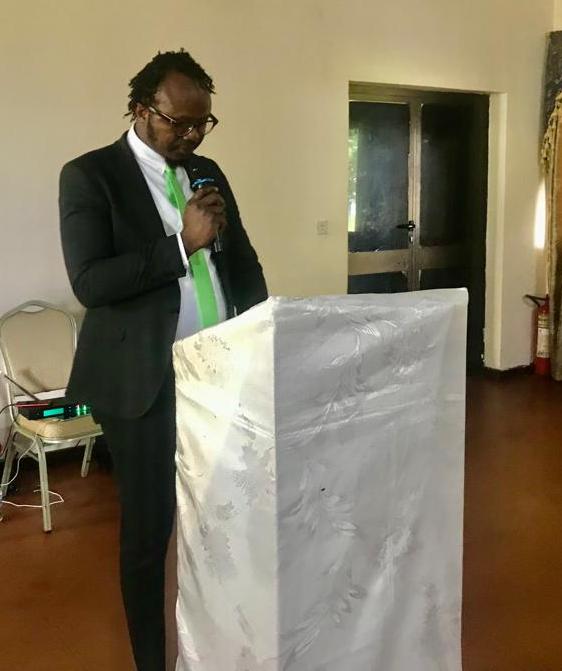By Mohamed K. Turay
Health Network Sierra Leone, a Civil Society Organization that is promoting health issues, good governance, and accountability, in collaboration with the Ministry of Health yesterday commemorated the World No Alcohol Day. The theme was: “Reduce alcohol and reject harmful drugs and substance for a better place”.
In his statement the Chairman of the Board of Directors of Health Network, Robert Kondema Kargbo, said that the misuse and abuse of alcohol, illicit drugs, and prescription medications, and tobacco were global problems.
He reminded young people present that alcohol was affecting the health and well-being of millions of people around the world including Sierra Leone.
Robert Kondema Kargbo also said that the misuse of alcohol and drugs was affecting “every stratum of our society” and that data collected at the Sierra Leone Psychiatric Teaching Hospital (SLPTH) in 2022 stated that persons between the ages of 15 to 65 years visited the facility for alcohol and substance use disorders.
Mr Kondema Kargbo noted that there was an increase in the production of local hard drinks with high alcoholic contents which were mostly abused together with illicit drugs.
He concluded by urging the government of Sierra Leone to place a ban on the menace and put structures in place for the short and long time effects for those who were already entrapped and as well as using the platform to unequivocally call for a ban on the synthetic drug called “kush”.
Giving the keynote address the Permanent Secretary in the Ministry of Internal Affairs, David W.S. Banja, said that the intake of alcohol and “kush” had become a great concern for the government, noting that that was one of the reasons why the Ministries of Internal Affairs and Justice had been tasked to harmonize penalties on drugs and alcohol related offenses.
Mr Banja concluded that the Ministry of Health in partnership with the Sierra Leone Alcohol Policy Alliance (SLAPA), together with FORUT and other Ministries, Departments and Agencies, had developed a National Alcohol Policy which had already been presented to Cabinet for approval.
Similar statements were made by representatives from the Freetown City Council, the Ministry of Health, the Standard Bureau, WHO and prominent Civil Society Organizations in which they stated, among other things, that they were willing to work together with Health Network and other partners in order to salvage the too much intake of alcohol in Sierra Leone.


